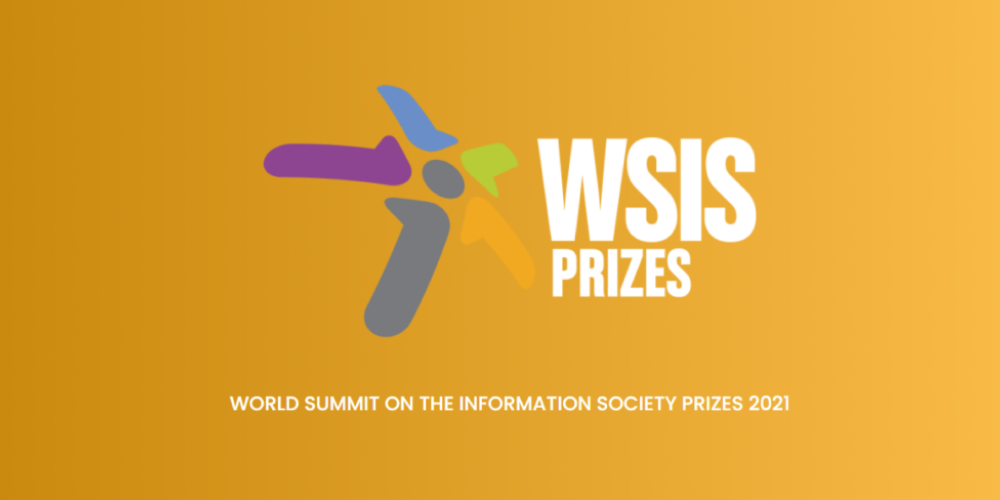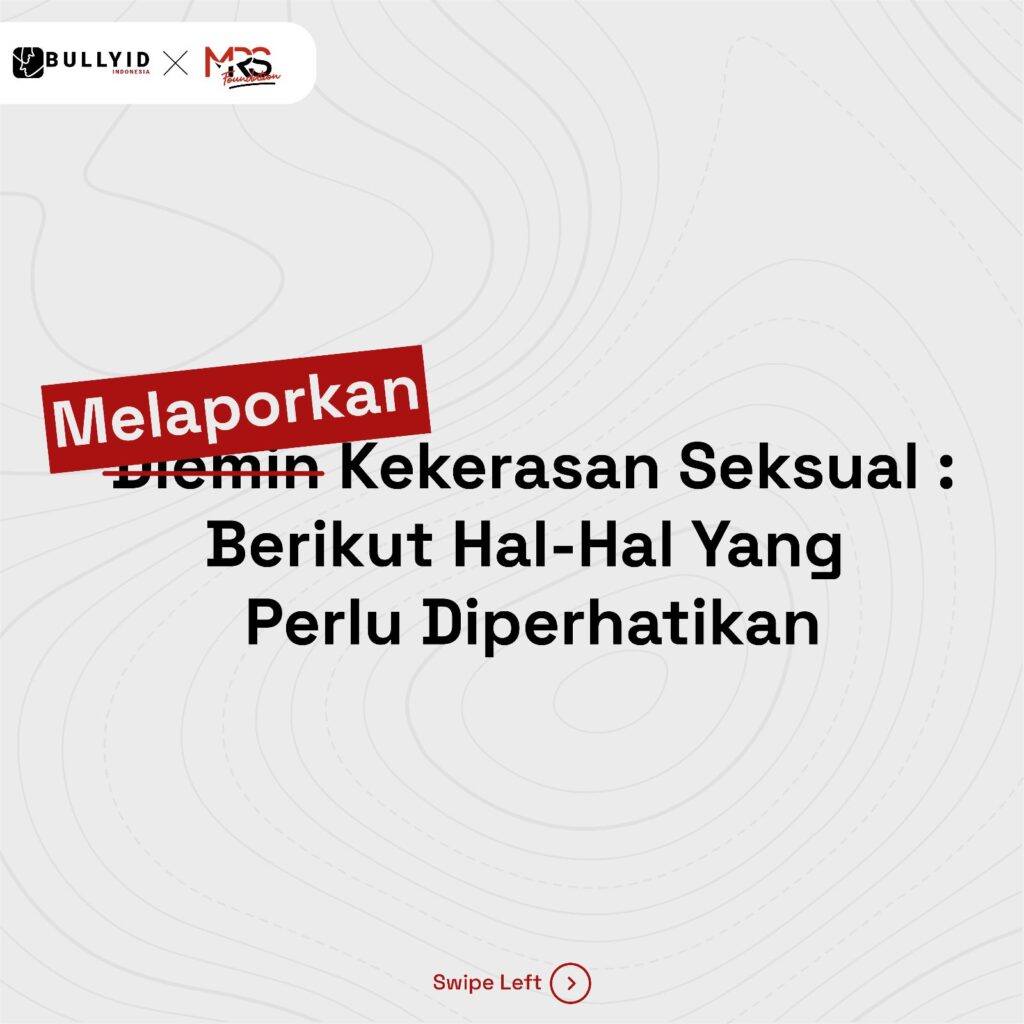In the current era of education, digital technology has become an innovative learning medium that can help students find information and improve the independent learning process during a pandemic. Digital welfare plays an important role in providing a safe and comfortable environment in the implementation of children’s learning processes. However, excessive internet use has an impact on children’s digital well-being and may pose risks of cyberbullying, addiction, and mental health. According to UNICEF research in 2019, around 90% of Indonesian children and adolescents spend 5 hours/day on a weekday, to access social media, online games, and watch streaming shows.
Seeing this reality, efforts to educate the digital environment need to be done to secure and ensure the welfare of children, especially in schools and the learning process. To coincide with World Children’s Day, Migo and Bullyid Indonesia held an educational webinar for children and teaching staff with the theme “Creating Digital Welfare in the School Environment”, involving speakers from the Ministry of Women’s Empowerment and Child Protection of the Republic of Indonesia.
“Digital wellbeing is closely related to the intensity of internet use, which if done excessively can have an impact on mental health and trigger opportunities for online bullying to disrupt physical health. According to our survey, most Indonesian teenagers often feel inferior and insecure with their faces and physique when they see the public figures/influencers they follow on social media,” said Agita Pasaribu, Founder and Executive Director of Bullyid Indonesia.
Agita added, “Anxiety that arises if left unchecked can have an impact on children’s ability to socialize, eating disorders, and depression. In addition, it is very important for children to understand how they can use technology as a learning tool without being distracted.”
According to research conducted by the University of Illinois in 2020, when children are not focused or are distracted while studying, concentration will decrease. Moreover, if you move the learning program through social media, it will potentially make children delay learning time. Therefore, the role of teachers and parents is needed to create a healthy and responsible digital learning space for children.

On the occasion of this webinar, Agita also revealed several steps so that children can balance their activities in the digital world while studying, such as activating time limits when viewing applications, downloading study materials offline, turning on focus mode on mobile phones to turn off application notifications within a few hours.
“Education about digital welfare like this can be a preventive strategy for students from digital risks that can cause a decline in children’s learning capacity. In addition, seeing the demands for students to be able to do independent learning at home through technology. Therefore, it is necessary to have an effective learning method that is conducive and without distraction, to develop children’s learning performance, “said Ciput Eka Purwianti, S.Si. MA., Assistant Deputy for Special Protection of Children from Violence, Ministry of Women’s Empowerment and Child Protection, RI.

As an offline network platform that distributes various digital content, including education, Migo presents a new way of digital learning without the distraction of advertisements, which can encourage children to focus more on learning and avoid exposure to harmful advertisements. Through Migo Learning, students can enjoy a variety of innovative content that inspires, content about advances in science and technology that can hone skills and knowledge.
“We from KemenPPA really appreciate Migo as a digital platform that cares about child protection in the digital space. With various curated and friendly educational content, Migo can help students avoid digital risks. Through the activities that have been carried out, Migo can help parents and teachers in implementing a healthy digital environment,” added Ciput Eka. Purwianti, S.Si. MA., Assistant Deputy of Special Protection for Children from Violence, Indonesian Ministry of Women’s Empowerment and Child Protection.




